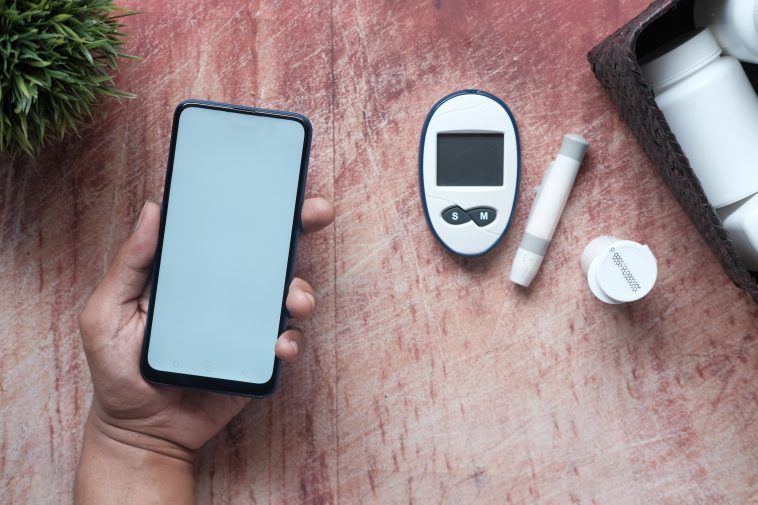The International Diabetes Federation says diabetes will kill about 96,000 people in South Africa in 2021. Also, 1 in 9 adults South Africans have the disease, but 45.4% of those with the disease in the country don’t know they have it.
In the past few years, many health tech companies in the country have released goods that aim to improve the country’s healthcare system.
In February, the Dexcom G7, the company’s best continuous glucose monitoring gadget, came out in South Africa. The company is on the Nasdaq exchange. Dexcom says that the all-in-one, low-profile CGM warms up faster than any other CGM on the market and sends real-time glucose readings straight to a smart device or receiver that is compatible with it.
The next-generation Dexcom G7 CGM System is our smallest and most user-friendly real-time CGM. It gives users more control over their diabetes and makes it easier to regulate. Getting our technology to more people around the world remains a top priority, and Alex Moussa, Senior Vice President, and General Manager of EMEA at Dexcom, said, “We are thrilled that the diabetes community in South Africa will be among the first outside of Europe to experience the benefits of G7.”
A new partnership between the international health-tech company Olink and a protein processing facility in Cape Town to study many diseases, including diabetes, is a positive technological step forward in the fight against diabetes.
The D-CYPHR facility provides access to proteomics and metabolomics technologies and knowledge. It enables complex clinical and biological research that would otherwise be impossible in this area.
One goal of the DIPLOMICS program is to make it easier for people to get high-quality omics tools and knowledge. “Through the D-CYPHR laboratory, we are excited about introducing the Olink technology, which will greatly improve the quality and speed of advanced proteomics research in South Africa,” said Dr. Tim Newman, Program Manager for DIPLOMICS.
The accessibility problem persists.
Even though tools like the G7 from Dexcom are common, they are only available to people with health insurance.
Only 17.4% of South Africa’s 54 million people are covered by a South African medical plan, according to a study from GetSavvi health. More than 44 million South Africans can’t get private health care, while only 9.5 million can.
This is a big problem because, like diabetes, the longer it goes unnoticed, the harder it is to treat. People with diabetes are at risk for significant and life-threatening complications like heart attack, stroke, kidney failure, blindness, and amputation of their lower limbs if their diabetes is not caught early or treated well enough.
A healthcare worker who spoke to TechCabal on the condition of anonymity said that if South Africa wants to fight the diabetes war with technology, it needs to think about building more than just products that help control the disease.
In South Africa, the biggest problem is that people don’t know they have diabetes. When it’s too late, they find out. So, using technology to deal with the disease is good, but it needs to go further than that. The source said, “There should be new ways to tell people they have the condition before it’s too late.”
This is a problem, especially for new companies in South Africa making health tech. Healthcare equity can only be reached if everyone who needs healthcare knows they do and then has unrestricted access.
So far, technology has helped a lot in the fight against diabetes in South Africa, but there is still a lot more to do.



